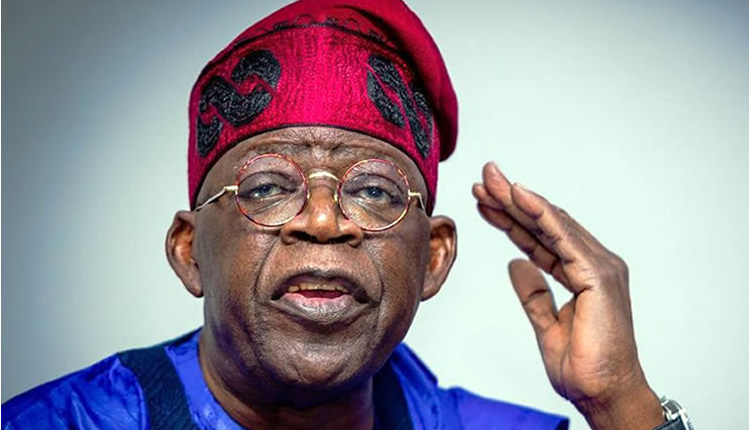
CURRENT REPORT BLOG In a pivotal moment for Nigeria’s economic trajectory, President Bola Tinubu is poised to unveil the 2024 budget before a joint session of the National Assembly on Wednesday. This announcement, made by Dr. Ali Barde Umoru, the Secretary of Research and Information at the National Assembly, marks a significant step in the fiscal planning for the nation. As anticipation builds, let’s delve into the key details and implications of this upcoming budget presentation.
Unveiling the Fiscal Blueprint
President Tinubu’s budget presentation holds immense importance as it serves as the fiscal blueprint for the year 2024. This comprehensive document outlines the government’s proposed expenditures, allocations, and strategies to drive economic growth and address various national priorities. The unveiling of the budget sparks discussions on key sectors such as healthcare, education, infrastructure, and more.
Preliminary Insights from the Medium Term Expenditure Framework (MTEF)
In preparation for the budget presentation, President Tinubu had submitted the 2024 – 2026 Medium Term Expenditure Framework and Fiscal Strategy Paper three weeks earlier. The proposed total expenditure of N26.1 trillion for the 2024 fiscal year provides a preliminary insight into the government’s financial plans. This includes considerations for investments, debt management, and revenue generation to sustain essential services and developmental projects.
Implications for Economic Growth
The budget presentation is not merely a procedural event but a catalyst for economic growth. It sets the tone for government priorities and initiatives aimed at fostering a robust and resilient economy. Key sectors, such as agriculture, technology, and manufacturing, are expected to feature prominently, reflecting the government’s commitment to diversification and sustainable development.
Transparency and Accountability
As President Tinubu presents the budget, emphasis is placed on transparency and accountability in financial management. The allocation of resources, expenditure plans, and revenue projections will be scrutinized to ensure alignment with national interests. This commitment to transparency reinforces public trust and confidence in the government’s ability to judiciously manage public funds.
Public Participation and Engagement
The National Assembly’s role in reviewing and approving the budget underscores the importance of public participation and engagement. Citizens, as stakeholders in the nation’s progress, anticipate a budget that addresses pressing issues and enhances their quality of life. President Tinubu’s presentation provides a platform for dialogue on the nation’s priorities and the government’s strategies to meet them.












